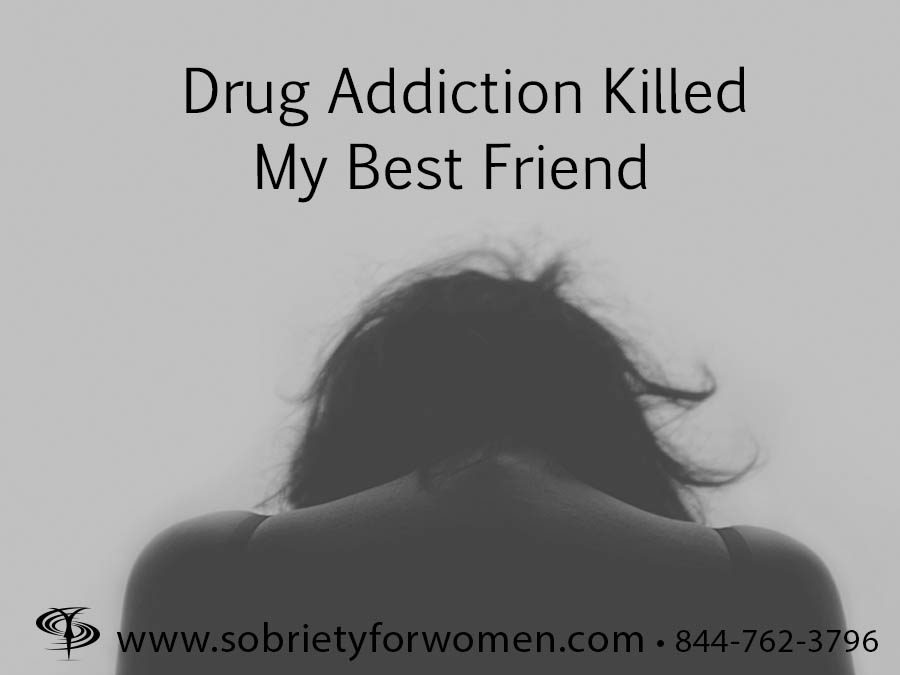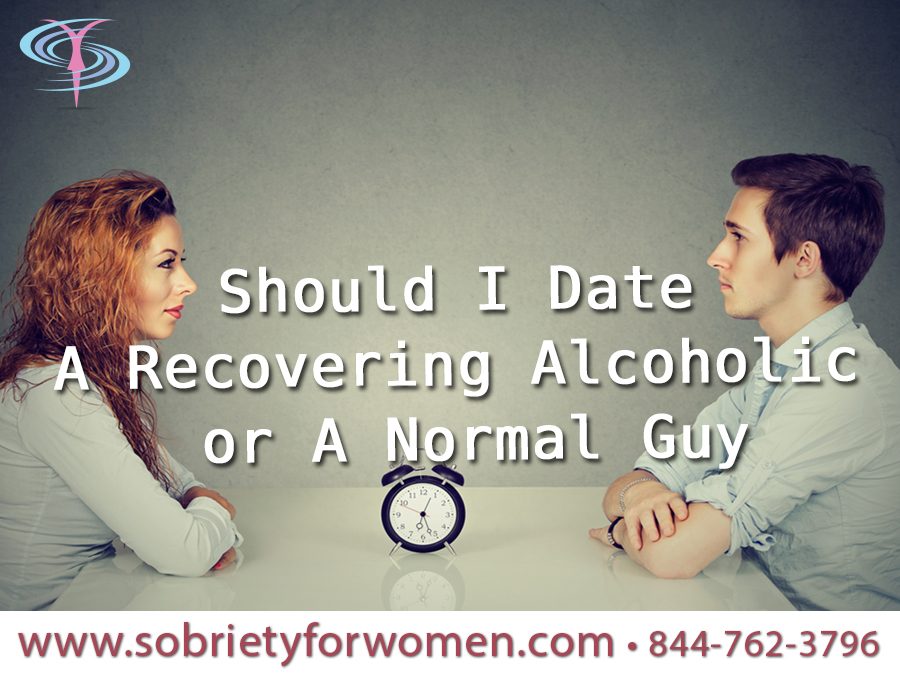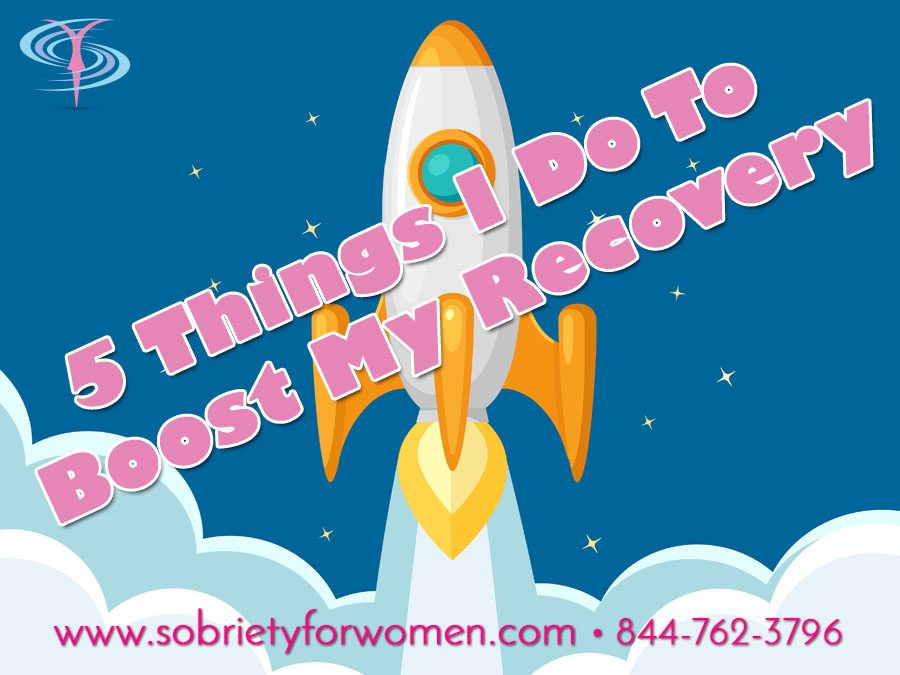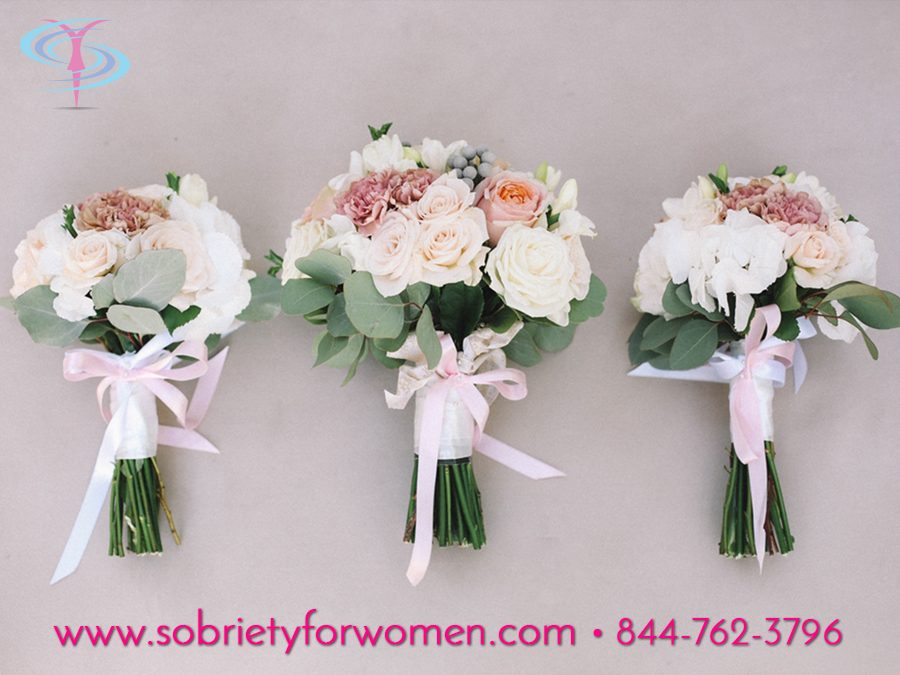
by A Women in Sobriety | Jul 3, 2017 | 12 Steps, Addiction Articles, Blog
Drug Addiction is Tragic
When my best friend died I was 16 years old. I wish I could say it was from some random act of God that came out of no where, maybe that would help me sleep better at night or something. I wish I could say that we all saw it coming and had plenty of time to prepare emotionally for what was about to come, all of the guilt and pain that would haunt me for years. That is not her story.
Her story is a different type of tragedy. Her story begins like most others. It begins with a normal childhood with two very loving parents who provided her the world and entry into private school for academic purposes. Growing up she was always well liked and had many friends. I met her one-day in 7th grade in the lunchroom after gym class where we both talked about how we wanted to marry Brad. He was a total babe and the cutest boy in our grade; we also talked about his girlfriend Jessica and how she was the worst person on earth (for no other reason than just dating Brad of course.) We were best friends from that day on and inseparable.
Drugs Arn’t Fun

Fast forward a few years we were entering high school. Now if you can relate, going into high school was one of the most exciting and scary things a young teenager can imagine. We came we saw we conquered. Within the first few weeks’ high school was like a real life version of the movie Mean Girls. We were sitting at the lunch tables with the older crowd and being invited out to parties on the weekend with the guys from the upper grades. These events were the first time in our lives we had to lie to our parents about where we were going. The good ole sleepover routine worked like a charm. These parties over time are where both her and I learned to drink and appreciate the effects of alcohol.
Sophomore year, at a party one of the seniors had some drugs on him. He said they were pills he got from a doctor due to hurting his knee from soccer practice a few weeks ago. He said if you snort them while drinking they are “a lot of fun.” That is a direct quote. I will never forget that. I felt uneasy about putting anything up my nose nevertheless some crushed up random pill this guy had on a table with a gross one-dollar bill. I respectfully declined the offer, thinking my best friend, the Carrie to my Samantha (She always wanted to be Carrie) would follow suite. However, she did not. She stayed. She picked up that disgusting one-dollar bill and put it up her nose and snorted that random pill, this guy claimed would be “fun.” I spent the next hour in the bathroom with her while she puked. No fun to me. Lesson learned at least.
However, as the weeks went on, my best friend began to hang out with that guy more. I began to notice a change in her I did not understand at the time. Within a few months she was a totally different person. She was not showing up for class and would constantly ignore me. At the time, I was hurt but assumed it was due to her being in a relationship. I did not know that my best friend was addicted to opiates.
Calling Out Your friend Isn’t Easy

On May 9th, I called her after school to confront her and we got into a huge fight. You know looking back, in all of the years of our friendship we never fought, even as two young girls growing up we just never had that type of relationship. Unfortunately the call ended with some curse words and me hanging up the phone on her. I have regretted that call every single day since. On the next evening, May 10th her parents called me to say they found her dead in her childhood bathroom. She had a needle in her arm. I was in shock. A needle? They demanded answers from me as if I was hiding information from them, and called my parents.
I did not know my best friend was a heroin addict. I had no idea at that age that snorting some random pill could lead to full blown addiction, nevertheless heroin addiction in such a short amount of time. I had no clue teenagers even got hooked on heroin, at least not where I live. I was wrong.
Looking back I wish I would have handled so many things differently: the party, when my friend starting acting different, that phone call. I have immense guilt, shame and pain over this that has been difficult to let go of even after all of these years. I hope that people understand that addiction does not care who you are, where you are, what you know or how many people love you.
It can take someone over in the blink of an eye. Speak up and do not be silent as I was.

by Sally Rosa | May 31, 2017 | 12 Steps, Addiction Articles, Blog, Recovery, Sobriety For Women
Date a Drug Addict?
Ok so, here’s the deal, I’m not gonna sugar coat this, or blow smoke up your tits for 20 minutes I’m just gonna get right to the answer. Date a recovering alcoholic, or drug addict. “But Fiona, what if they relapse?”
Shut up.
The core of this whole issue of should I date a recovering alcoholic or a normal guy is the word normal. No one, not one soul is normal and the one you think is normal is most likely the craziest cat in the alley. Nobody is normal, we all have our issues and that is why you should date some one in recovery, because you already know their issues. They have a problem with drugs and alcohol. Do they have other issues? You bet your little judgmental ass they do, but the cool thing is they will tell you what those issues are. People in recovery love to talk about how fucked up they are, it helps them stay sober and it helps others stay sober as well. So date number one rolls around and you pretty much know what to look out for.

Working on Issues
Also the cool thing is that you know they are working on these issues and that they use them to fuel recovery, It’s not like they say, “You know, when I drink I like to put goldfish up my butt and eat sour patch kids and I have no plans on quitting that game anytime soon.” Instead they say, “When I used to drink I’d put goldfish up my butt and eat sour patch kids, I’m very ashamed of it but if someone can relate to it or if my story helps them in any way then it was worth it.” Now that’s how you explain doing stupid shit when you were wasted.
Becoming a Better Person
The other cool thing about dating a recovering alcoholic or a recovering druggie is that everyday the are working on becoming a better person. You are on the ground floor of what could be one of the greatest dudes in the history of the world ever! People who truly are in recovery get better and better everyday, now, so called normal people, the don’t do that. Normal people, you know what I hate that, lets call them Robots. Robots sit in their cubicles or corner offices talking about their material possessions or the stock market or last night’s game or the PTA meeting and it repeats for years and years. Never do they really help people, never do they really open up. They don’t get better, Robots only get worse.
Dating Robots

Robots can live their entire lives seeming to be a normal robot, “Oh Pastor Mark, he is such a kind a companionate robot.” Bullshit, Pastor Mark has been banging the pool boy for 10 years, smoking meth behind the waffle house and in his spare time he tells you all bible stories from the alter. Oh and one more thing, Pastor make is the one who puts goldfish up his butt and eats sour patch kids and has no plans of stopping.
Robots are always going to be robots, they hide there faults, live in secret and present fake lives to the world.
Recovering alcoholics admit their faults, face them, fix them and strive to make themselves and the world a better place.
So who do you want to date, a person in recovery or a robot?
If you choose the person in recovery, I wish you nothing but the best.
If you choose the Robot, I’ll buy you some sour patch kids.

by Sally Rosa | Apr 20, 2017 | 12 Steps, Addiction Articles, Drug Addiction
Selena Gomez Says Her Rehab Stay Saved Her Life, But It Wasn’t Drugs?
First off, let me state that I’m not really feeling great about writing this article. I think that ‘The Selena Gomez rehab story’ should be between her and her support group… however, she is hiding something and in the hiding, is a dereliction of her duty to help other young girls. It was reported by everyone with a pulse that Selena Gomez’s rehab stint was for anxiety and depression. Selena Gomez’s rehab stint lasted 90 days and although the recovery treatment center she attended does offer services for mood depression and anxiety disorders, it also has services for a range of addictive, dependent and co-dependent behaviors. I believe that her stay was drug and alcohol related and by hiding that portion of her illness she is missing a huge opportunity to help millions of women through her struggle, recovery and fame.
90 Days of Recovery Treatment for Instagram Addiction?

Selena Gomez said one of the main reasons that she sought out treatment was that she was addicted to Instagram… Instagram. Yes, no one on the planet has more Instagram followers than her but give me a break. NO ONE HAS TO GET RECOVERY TREATMENT FOR INSTAGRAM ALONE. One source from inside the treatment center, and again I hate myself for reporting this, said she was admitted for “excessive drinking and partying.” If that is the case then why not admit it? Why be ashamed of it? I am not. Millions of women are not ashamed to be recovering addicts and alcoholics. By hiding behind the “I’m addicted to Instagram” catch phrase Selena Gomez is essentially telling women they should be ashamed of being a drug addict, because no one is believing the depression and anxiety and Instagram spin.
Anxiety and Depression are Not the Reason for Selena’s Trip to Rehab
I actually do believe that she has a tough life. Being that famous comes with an enormous amount of pressure. I think she is depressed and I think she does suffer from horrible anxiety, I just think it all stems from her Drug and alcohol abuse. Her rehab stay also came with this quote from her.
“You have no idea how incredible it felt to just be with six girls, real people who couldn’t give two shits about who I was, who were fighting for their lives.”
To me, a woman who has been to 9 rehabs… that sounds a hell of a lot like drug abuse. Selena’s time in rehab was an opportunity for and incredibly influential young woman to take a stand for recovery and a stand against addiction. She could have been a force for real change and had an impact unlike any other woman in the history of addiction. Instead she became just another celebrity pretending they went to rehab for something that wasn’t drugs. I’m sad that Selena won’t come clean about the real reason she got recovery treatment, because the opportunity for awareness was so great. The only thing that is sadder is this…

Selena Gomez’s Rehab Could Have Just Been Research for A Netflix Role
This is an excerpt from an ET article:
Gomez has spoken out quite a bit about anxiety and depression, and shared during a panel discussion while working on Netflix’s “13 Reasons Why”, which is based on Jay Asher’s bestselling novel about a teenager who commits suicide.
Come clean girl was it drugs or just another day at the office?

by Sally Rosa | Apr 13, 2017 | 12 Steps, Addiction Articles
Do These 5 Things to Enhance Recovery from Drugs and Alcohol
So a bunch of the girls from my women’s group on Saturday have put together this list of 5 things that seriously help us in our recovery from drugs and alcohol. A woman we all know named Danni (not her real name, anonymity people!) was in need of drug help. She seemed to have a terrible time staying sober more than six months. We all told her the normal stuff, go to 90 AA meetings in 90 days, get a sponsor, get a home group, and on and on. Nothing seemed to work, she kept coming back to us for help. So one morning all of us girls made a list of the not so common things we do to boost our recovery from drugs and alcohol. Danni tried ‘em and she has 7 months sober! So here they are, warning they may seem kind of weird but they work when done alongside all the other stuff like meetings, helping others, service work, rehab, IOP, you know what I’m talking about.
5 Interesting Ways to Help Your Recovery

5. Laugh Every Day
Do it! I know it sounds impossible but we all tried it and it helps us big time in our recovery. Some days it can be tough to figure out a way to laugh but, figure out a way. Force your self to watch a movie ‘til you laugh at least once, call a funny friend, do what ever it takes. We found that your mood is pretty great if you’ve laughed everyday fro 90 days.
4. Sing A Song Out Loud With A Friend
Do it! Again it may seem silly but it really boosts your mood and will have you both laughing, so really this one could knock two off your list. Plus, this helps with recovery from drugs and alcohol because you can use it in happy times, sad times and angry times! Try Adelle songs, they’re my favorites, and “Mean” By T-Swift.
3. Make A Gratitude List And Text It To Friends
Do it! Ok, I’m sure you’ve all heard this one before but have you all really done it for at least a month? Have you all actually read what other people wrote? If not try this. It will boost your recovery like crazy and you’ll get really close with all your female AA buds.

2. Punch Somebody
Just Kidding
2. Ask One Stranger At A Meeting What They Are Struggling With
Do it! We have been amazed at how much of an impact this simple gesture has on people. Many times people who were too shy or ashamed to share at the meeting pour their hearts out to you. They needed someone to talk to and you answered their prayers. So many new friends have been made in this way, you must try it.
1. Tell A Different Person You Love Them Everyday
Just Do it, its that simple!

by Sally Rosa | Jan 27, 2017 | 12 Steps, Addiction Articles, Addiction Treatment
Help Me Find Recovery from Addiction to The Bachelor
Hi, my name is Sally and I’m addicted to The Bachelor on ABC. I’m writing to you all today hoping to find recovery from addiction to this deadly and morally corrupt reality show. I first started watching The Bachelor on ABC during Kaitlyn’s season. You know, the one where the cute and spunky Canadian was obviously going to choose Shawn Booth no matter what, until serial attention whore Nick Viall (Yup, Pronounced Vile) showed up for his second of what would be 4 appearances on ABC’s hit and soul crushing series.
Many of you Bach heads probably think I’m not that into it since I started watching during Kaitlyn’s season, but don’t worry I went back and caught up because, in this addiction, Netflix is my dealer and provides hours of backlogged roses and tears while I twitch, itch, sweat and wait for the clock to strike 8pm on Monday, so I can find out who deserves to be trampled on by Nick Viall next. This week it was Liz, kind of felt bad for her, because she got sent home simply for having sex with Nick 6 months ago and Nick of all people claimed she was just in it for the attention. I felt bad but then I didn’t because if you choose to actually go on this show, you’re sicker than I am… Maybe.
Drug Use and Watching the Bachelor on ABC are 100% the Same Thing

So here is my problem, beside the only words Nick Vialle know how to say being, “Ok” “Hey” and “Did You Have Fun”. I realized that I needed to find recovery from addiction to The Bachelor because the same patterns I played out in my addiction to heroin were being repeated every time I clicked over to watch stupid ass Chris Harrison say, “Tonight on the most dramatic episode of The Bachelor ever.” Every episode is not the most dramatic Chris Harrison! Now you really want to create the most dramatic moment in Bachelor history, have Nick give the ring to Chris Harrison. Sorry, had to get that out. Here’s the deal, my drug use consumed me. I had to have heroin and at the same time I hated it. It called to me, but every time I shot it in my veins I hated my self. I was angry when it was over, I wanted to die and I swore I would never waste an hour of my life ruining my mind body and soul with heroin or alcohol, but the next day I did it again. This is how I feel when I watch The Bachelor on ABC.
Recovery from Addiction to The Bachelor Will Not Be Easy
I’ve tried to stop before. When it was apparent that JoJo Fletcher was, as expected going to choose Quarterback of the douche squad Jordan Rodgers just because he has a famous brother, I stopped watching. I bothered me each Monday night that I wasn’t by the TV, in fact I started reading in the garage so I wasn’t tempted. Then this season when Nick Vialle was announced as the lead on the show, I knew my recovery from addiction to The Bachelor was over. I relapsed on Bach nation hard. I started a fantasy Bachelor work pool, my boss found the sheets and reprimanded me for-spending company time on this “Horse Shit.”

Watch the Bachelor Was Ruin My Work Life
My drug use effected my work performance and now so did this stupid, addicting and horrible show. I desperately need to receive the gift of recovery from addiction to the Bachelor. The problem is, all my friends watch it and I can’t just leave all my friends? Many of my girls in Jersey say they will punch me if I ever watch the Bachelor again, but it took me 2 minutes to convince them it was ok and next thing I know I am screaming at the TV, “Of course Corinne is going to take her shirt off, that’s all Nick wants anyway!” Monday is right around the corner and I will spend all day at working obsessing about how much I hate Nick and wondering if I will be able to stay away from the TV. At this point, my drug use and this silly show are twins. Wait, remember the twins from Ben’s season? They should be the Co-Bachelorettes! That would be amazing! They would each have to choose another set of twins to marry! Yup, I’m screwed. I’ll be chasing this dragon ‘til I’m 80. The good news is in 50 years; Nick will still be single.














